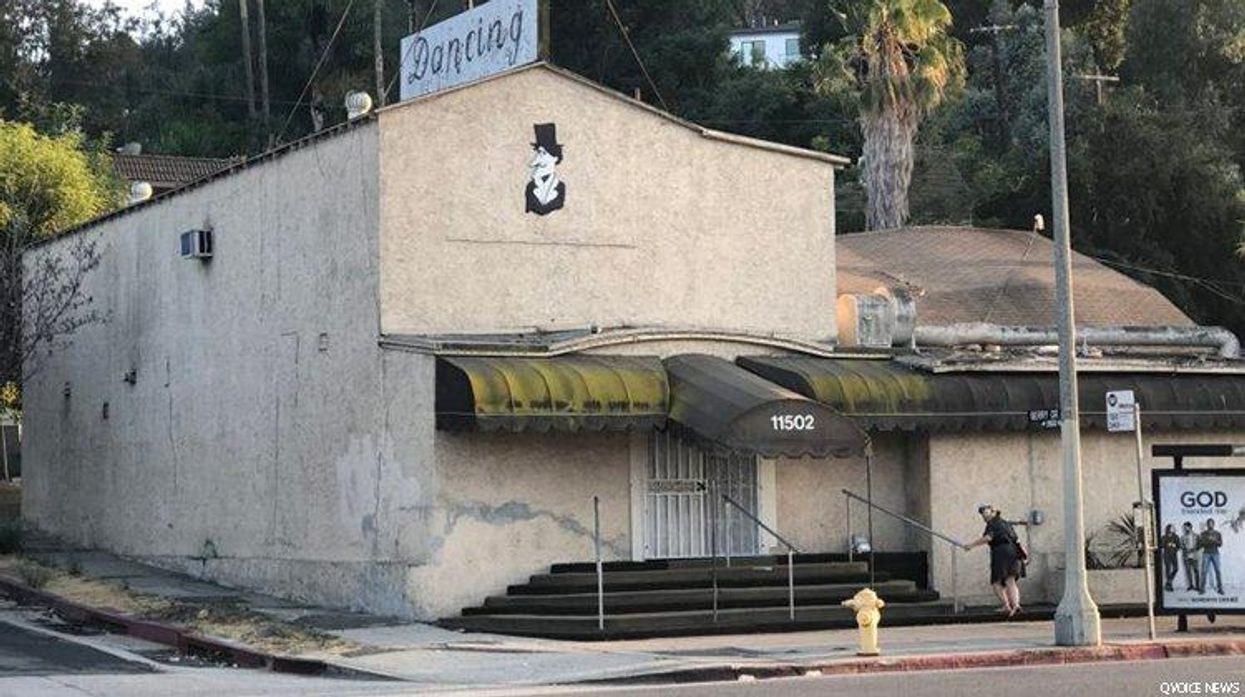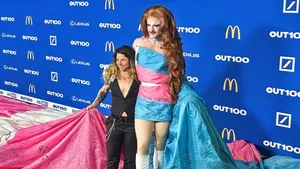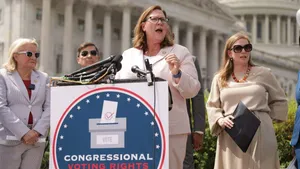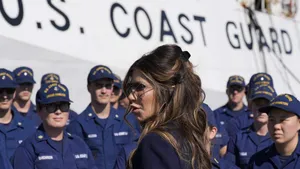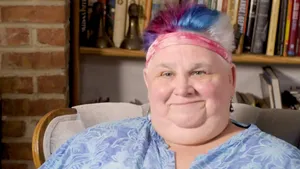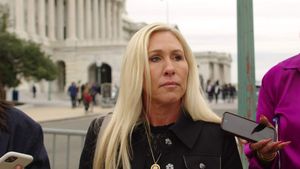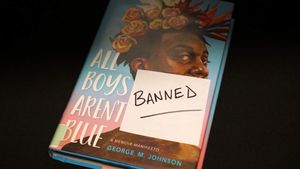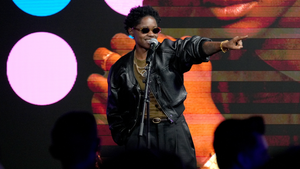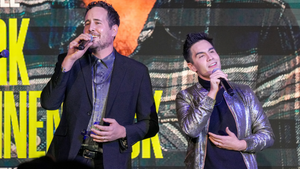This article originally appeared on Q Voice News and is shared here as part of an LGBTQ+ community exchange between Q Voice News and Pride Media.
Oil Can Harry’s, the legendary Studio City bar and nightclub that closed in 2021, was recognized earlier this month for its historic and social significance to the San Fernando Valley and the LGBTQ+ community.
The Los Angeles City Council designated the building a historic-cultural monument in a 14-0 vote. Councilman Joe Buscaino was absent.
Of the more than 1,200 Historic-Cultural Monuments in the City of Angels, Oil Can Harry’s is only the third LGBTQ+ structure that has received the designation. The Black Cat in Silver Lake was the first in 2008.
Oil Can Harry’s, which opened in 1968 and was the longest-running LGBTQ+ bar in Los Angeles, closed after the property owner sold it to a buyer who did not want to continue operating it as a gay bar.
“When Oil Can Harry’s opened in Studio City in 1968, it was illegal in Los Angeles for two men or two women to dance together,” 2nd District Councilman Paul Krekorian, who initiated the effort to secure monument status for the site that’s located in his district, said in a statement.
“At a time when LGBTQ people were routinely subjected to police harassment and even arrest, Oil Can Harry’s was a place of refuge for LGBTQ people,” Krekorian said. “Designation of Oil Can Harry’s as a Historic-Cultural Monument honors the heritage of LGBTQ solidarity and social justice activism in Los Angeles.”
A monument designation doesn’t fully protect a building from being demolished, but the Cultural Heritage Commission can prevent a demolition permit from being issued, delaying the destruction for up to 180 days, plus another possible 180-day extension if approved by the City Council. That time would allow preservation alternatives to be evaluated.
The commission also must approve proposed exterior and interior alterations to ensure they are in accordance with the secretary of the interior’s standards for rehabilitation, which are the nationally accepted criteria to evaluate changes made to historic properties.
The bar had a famous spyhole in the entry door and an internal siren system that workers used to alert patrons to a police presence, allowing them to halt same-sex dancing or activity.
In the 1970s, Oil Can Harry’s was an informal headquarters for the emerging Gay Pride movement in the San Fernando Valley and Los Angeles.
During the AIDS epidemic of the 1980s and 1990s, the club was a hub for community support and fundraising. Bert Charot, who started the bar, and friend Bob Tomasino, who later ran Oil Can Harry’s, raised money for AIDS relief.
The club also became a space for the LGBTQ+ community’s country-western subculture, hosting country dance lessons two days a week and special western-themed events.
In 2019, Oil Can Harry’s drew world press for its glamorous Grammy awards afterparty and celebrity-attended country line-dancing sessions.
